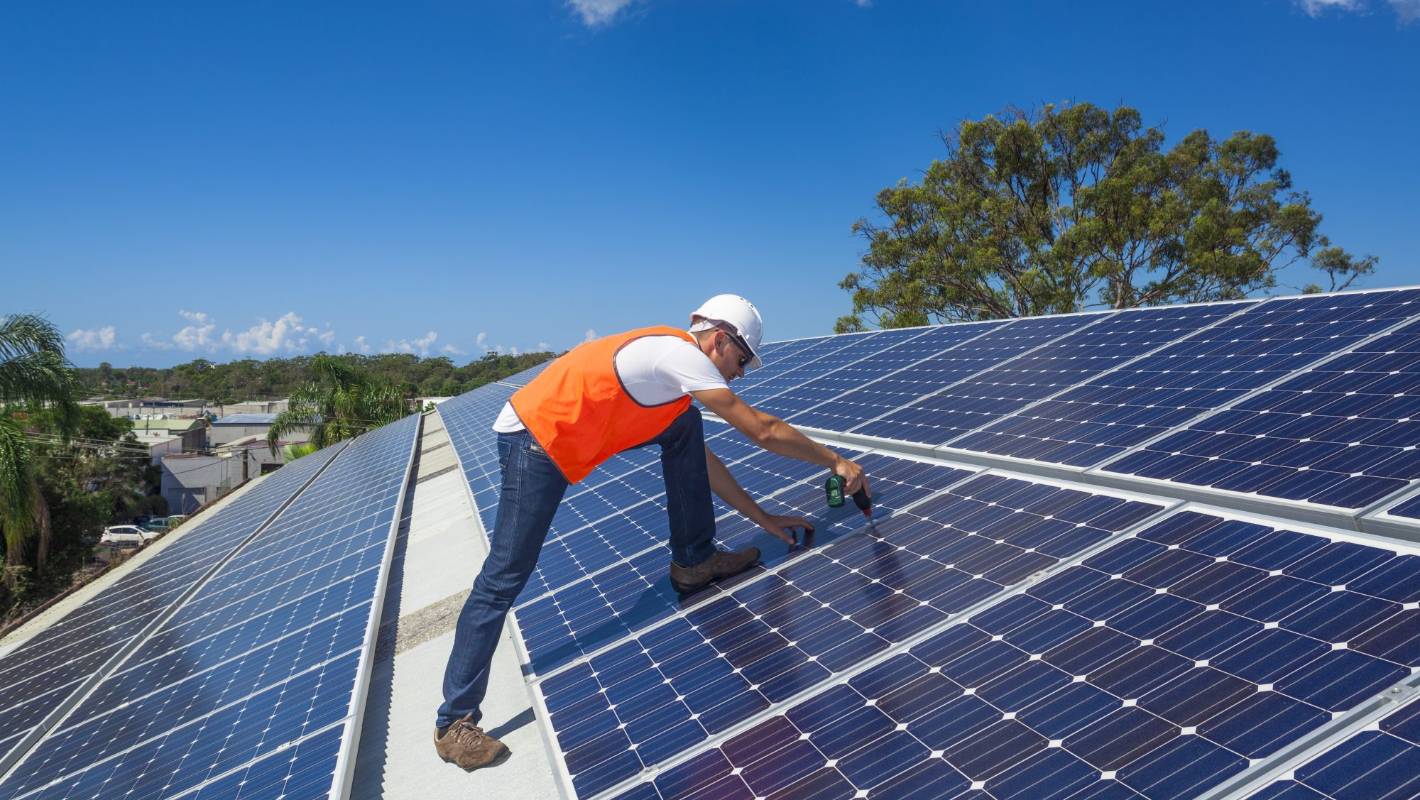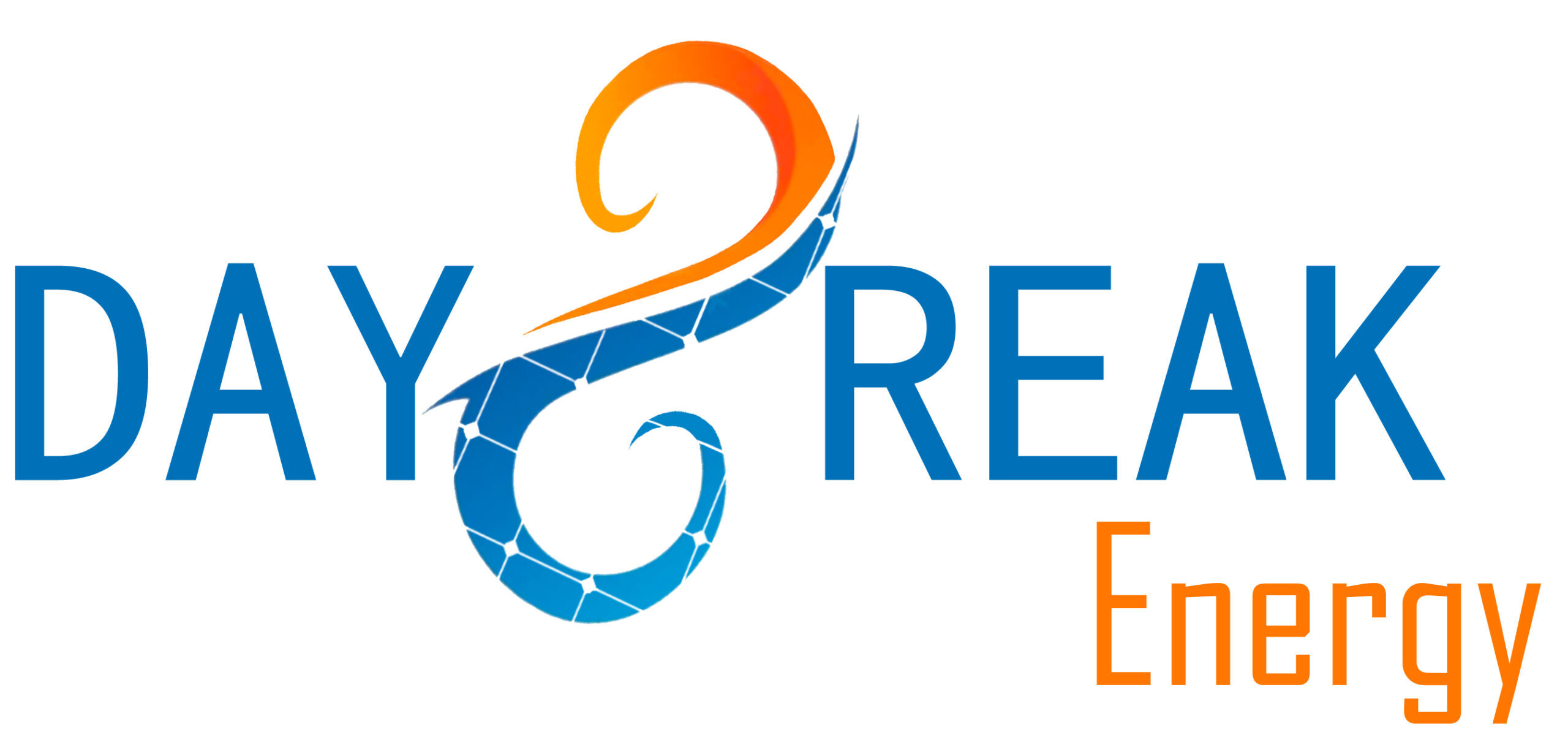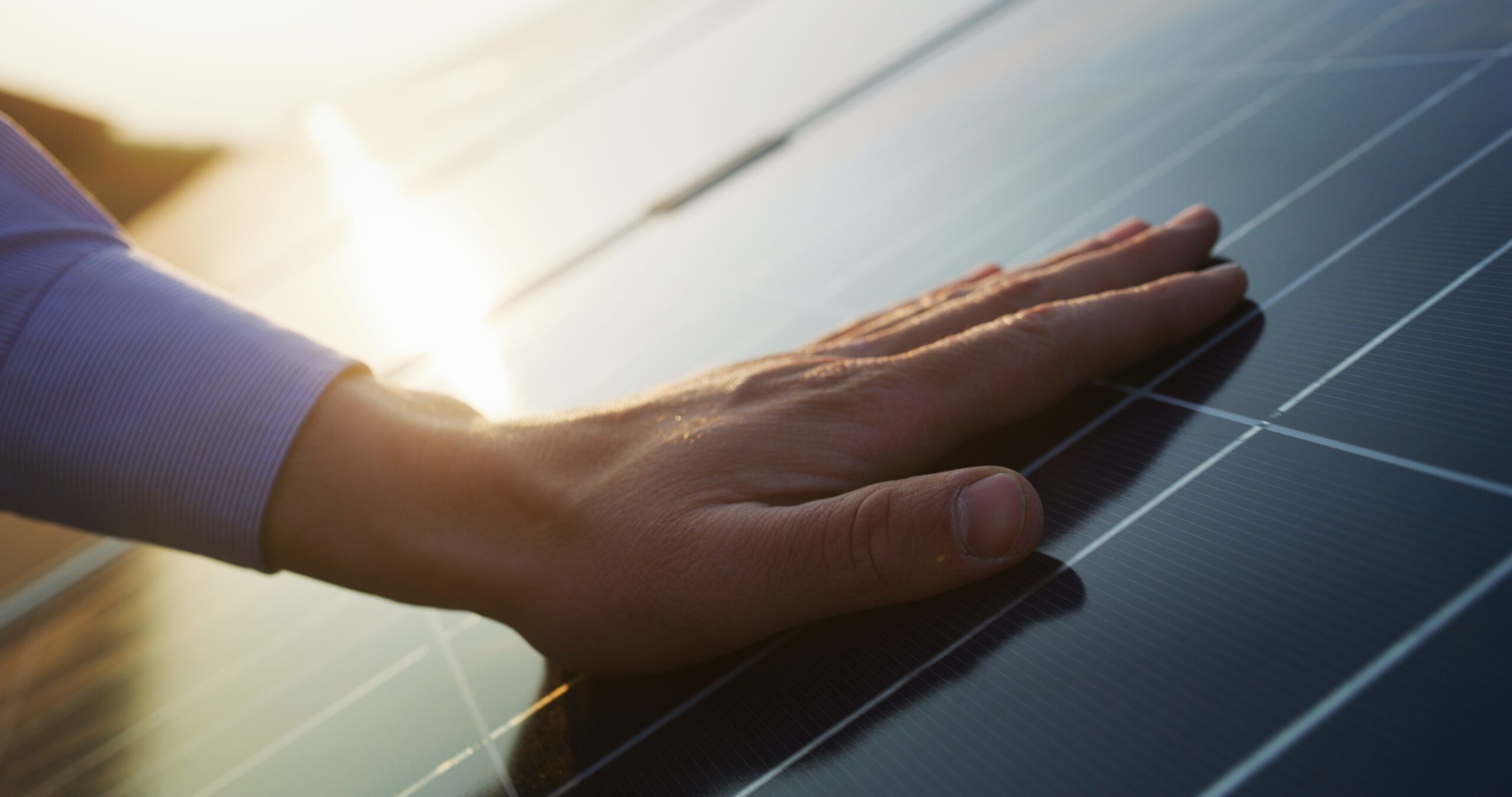
Rooftop Solar
Let There Be Solar…
Why Solar?
Solar energy is a clean, renewable, and abundant source of energy that can help address some of the world’s most pressing challenges, including climate change, energy security, economic development, and resilience.
New Zealand has set a goal of generating 100% renewable energy by 2035, and solar energy will play an important role in achieving this target. New Zealand has a relatively small population and a remote location, which makes it vulnerable to supply disruptions and energy price fluctuations. Promoting and supporting solar energy is an important step for New Zealand to diversify its energy mix, reduce its carbon footprint, enhance energy security, stimulate local economies, and improve resilience in the face of natural disasters or other emergencies.
Why Install Solar Panels?
Generating own clean energy to save money on energy costs and living a more sustainable lifestyle.
- New Zealand has a high potential for solar energy, with some areas receiving more than 2,000 hours of sunshine per year.
- The cost of solar panels and equipment has decreased significantly in recent years, making rooftop solar more attractive and affordable for homeowners and businesses.
- The government has introduced various incentives and initiatives to encourage the uptake of rooftop solar.
- The country’s electricity market is also evolving to accommodate distributed energy resources like rooftop solar. In 2020, New Zealand’s Electricity Authority introduced new rules that make it easier for households and businesses to sell excess electricity back to the grid.

Climate Change: The burning of fossil fuels for energy is a major contributor to climate change. Solar energy is a clean and renewable source of energy that does not produce harmful greenhouse gas emissions, making it an important solution to reduce our carbon footprint and mitigate the effects of climate change.
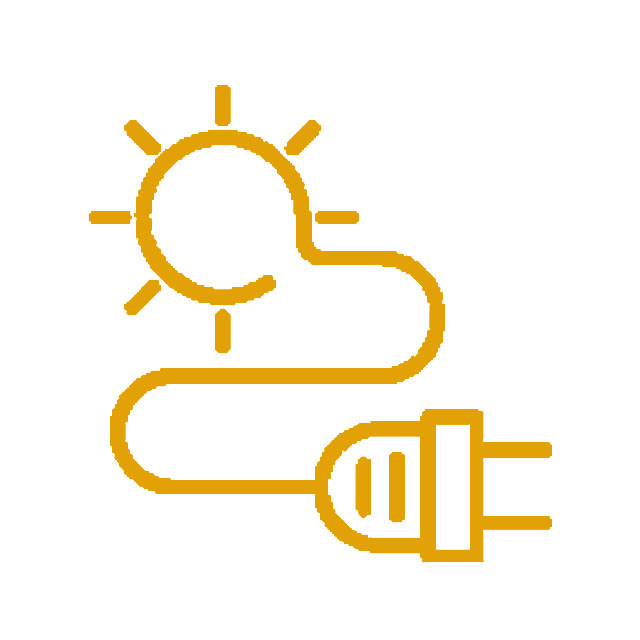
Energy Security: Fossil fuels are a finite resource, and their extraction and transportation can be risky and expensive. Solar energy, on the other hand, is abundant and readily available, and can provide energy security for countries and communities, particularly those that are isolated or have limited access to traditional sources of energy.

Economic Benefits: The cost of solar energy has been declining rapidly in recent years, making it a cost-effective option for electricity generation. In addition, solar energy can create jobs in manufacturing, installation, and maintenance of solar panels, helping to stimulate local economies.

Resilience: Solar energy systems can provide power during natural disasters or other emergencies, when traditional sources of energy may be disrupted. This can help communities to be more resilient and better prepared for emergencies.
Be part of the Grid

Church
Working harmony with God’s creation. Be part of the solution to help with climate changes.
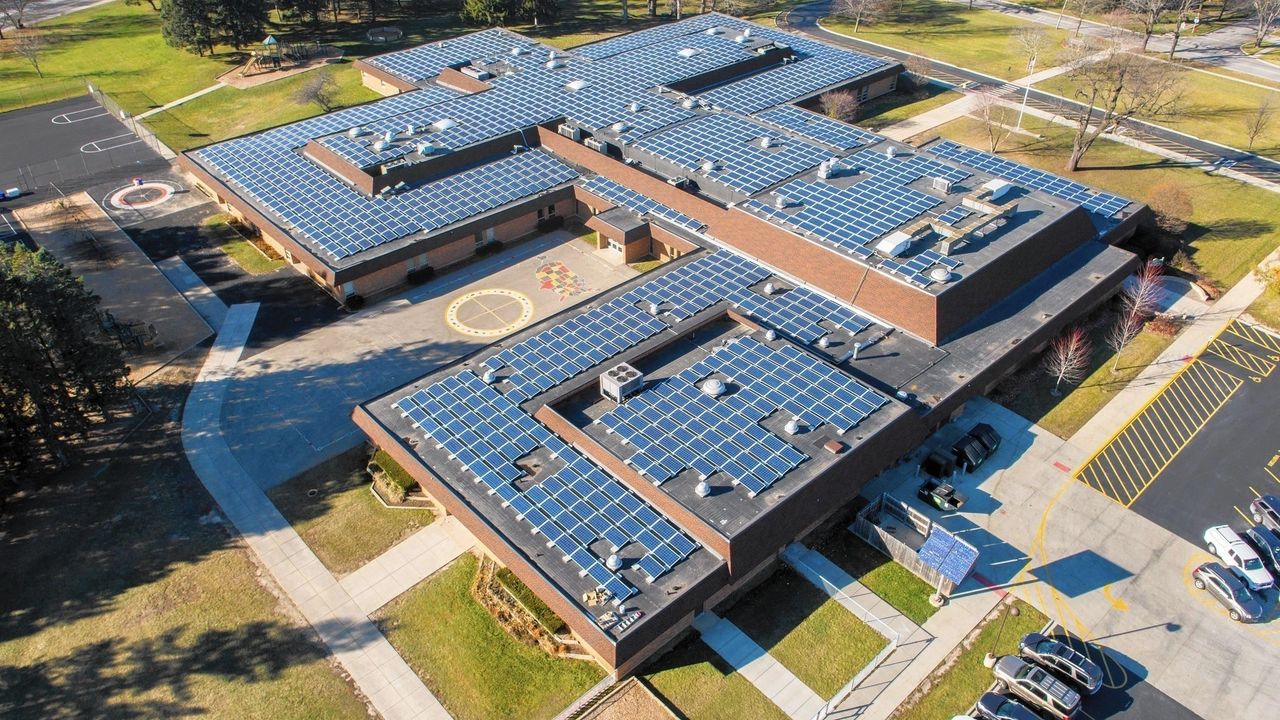
School
Reducing energy use buildings and saving school districts and taxpayers money
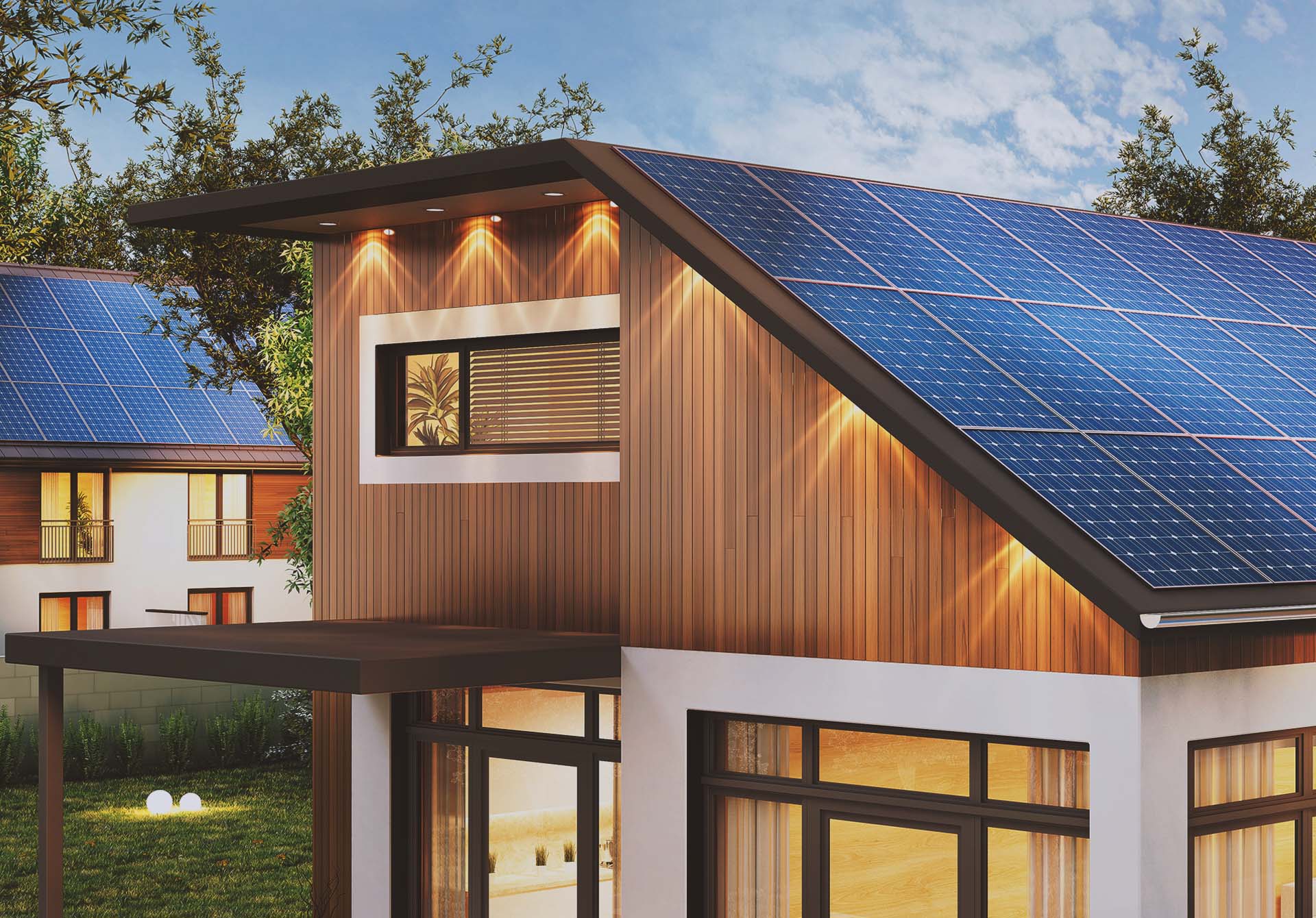
Business
Allowing for potential savings on power bill and reducing the risk and periods of power outages that affect business, if not eliminating them.

Key Metrics
Emissions released
Solar panels do not produce air pollution or greenhouse gases when operating. Solar has no emissions. It just silently generate pure, clean energy.
Three-Year Plan
The design and construction of a 1MW installed capacity are expected to be completed in 3 years.
Self-use and Income
Has plans to help commercial users build small distributed PV power generation systems. Provide a one-stop solution for self-supply, energy storage, Grid connection and surplus electricity supplied to end consumers.
How Solar Works
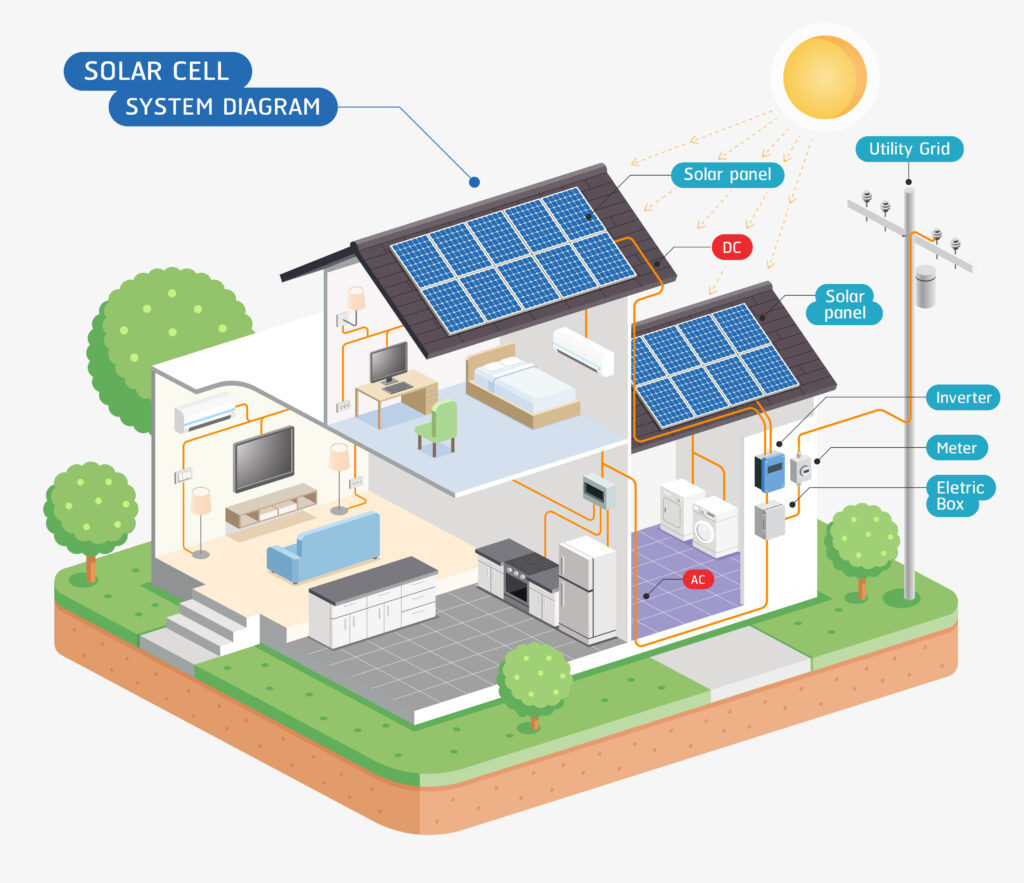
Rooftop solar panels consist of photovoltaic (PV) cells, which are typically made of silicon and other materials. When the sun’s photons hit the solar panels, the PV cells absorb them and generate a flow of electrons, which creates an electric current. The DC electricity produced by the solar panels is then sent to an inverter, which converts the DC electricity into alternating current (AC) electricity that can be used to power your lights and appliances. If your solar panels generate more electricity than you use, the excess electricity can be sent back to the grid for use by other customers.
FREQUENTLY ASKED QUESTIONS
1. WHAT ARE BENEFITS THAT ROOFTOP SYSTEMS PROVIDE?
Rooftop solar is a clean and sustainable way to generate electricity for your home or business, and can help you save money on your energy bills over the long term.
2. WILL I BE EXPORTING POWER TO THE GRID?
Depending on the size of the installed solar system. You may generate surplus solar in the summer months as system sizing is based on average annual power usage, not for summer peaks. We will evaluate your home power consumption to ensure that the whole system is working in the most effective way.
3. HOW MUCH I CAN SAVE?
The savings calculation takes into account the lower retail rates for energy that you will have access to that has no margin added, as well as the reduction of grid energy needed by the home (because of the solar energy generated and used), also the gain by selling surplus power back to Grid. The size of system installed will be based on your historical power usage. Guaranteed to save you money from year one – and for years thereafter, with no surprises.
